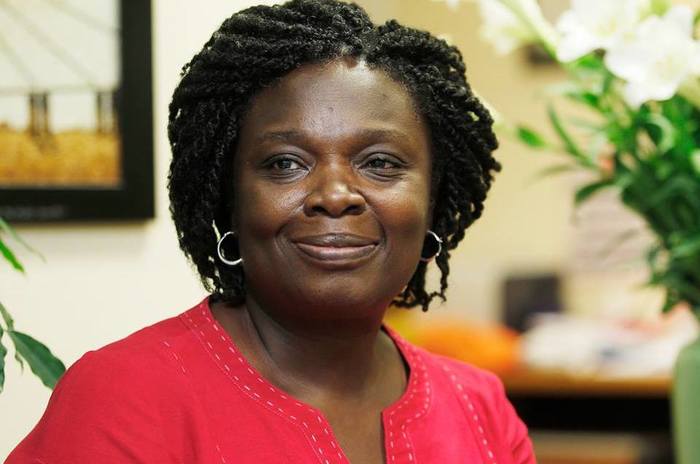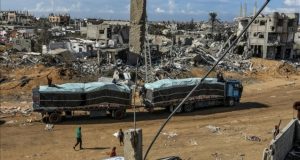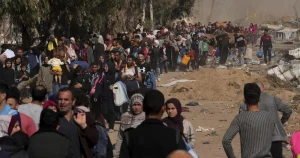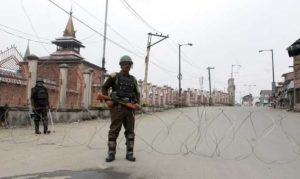Jakarta, 19 Safar 1438/19 November 2016 (MINA) – World Bank Vice President for the East Asia and Pacific, Victoria Kwakwa, said policy reforms are paying-off in Indonesia.
“The progress made by Indonesia to strengthen its macroeconomic fundamentals and the recent improvements to improve the business climate will help Indonesia achieve its growth objectives against a challenging global environment. The country is also setting a good example of using strategic policy reforms and focusing on service delivery at the local level to benefit the poor and contribute towards lowering poverty rates,” Antara News reported, quoting Kwakwa in a press release on Friday.
On her first official visit to Indonesia as World Bank Vice President for the East Asia and Pacific, Victoria Kwakwa reaffirmed the World Banks commitment to supporting Indonesias efforts to achieve higher economic growth and greater prosperity for its 250 million people.
During her five-day visit, Kwakwa met with Indonesias Vice-President Jusuf Kalla and key ministers, including Coordinating Minister for Economic Affairs Darmin Nasution, Minister of Finance Sri Mulyani Indrawati, Minister of Manpower Muhammad Hanif Dhakiri, Minister of Public Works and Housing Basuki Hadimuljono, and Minister of Agrarian and Spatial Planning, Sofyan Djalil.
Also Read: Saudi Arabia Wins Bid to Host World Expo 2030
She also met with representatives from civil society, opinion leaders, representatives of private sector and development partners.
In her meetings with various stakeholders, Kwakwa discussed a range of issues, including the governments reform efforts to achieve higher and more inclusive growth by paying attention to macroeconomic stability, structural reforms and a greater focus on infrastructure and human capital investments.
She also visited the special region of Yogyakarta and saw firsthand how communities and local authorities were working together to improve access to basic services, including health, clean water and sanitation, and upgrade living conditions in slums.
These programs are helping in addressing one the country’s most pressing challenges: childhood malnutrition. Indonesia has the worlds fifth-highest rate of stunting, affecting about nine million children under the age of five.
Also Read: 148 Products from Indonesia Promoted at Sarawat Superstore Jeddah
“The World Bank is very encouraged by the governments commitment to reducing stunting and malnutrition. During our visit to projects supported by the PAMSIMAS (Community-based water supply and sanitation) and Generasi (Health and Bright Generation) programs, we saw how effective collaboration between governments and communities can deliver clean water and health services to the communities and, subsequently, improve their quality of life and future opportunities,” Kwakwa explained.
The PAMSIMAS program, supported by the World Bank, is active in 32 provinces across the country.
The Generasi program, also supported by the World Bank, covers 5,500 villages across 11 provinces. Both programs address key drivers of stunting, such as lack of access to clean water and sanitation and health services. (T/R07/R01)
Mi’raj Islamic News Agency (MINA)
Also Read: Packaging Industry Supports Halal Ecosystem


































 Mina Indonesia
Mina Indonesia Mina Arabic
Mina Arabic